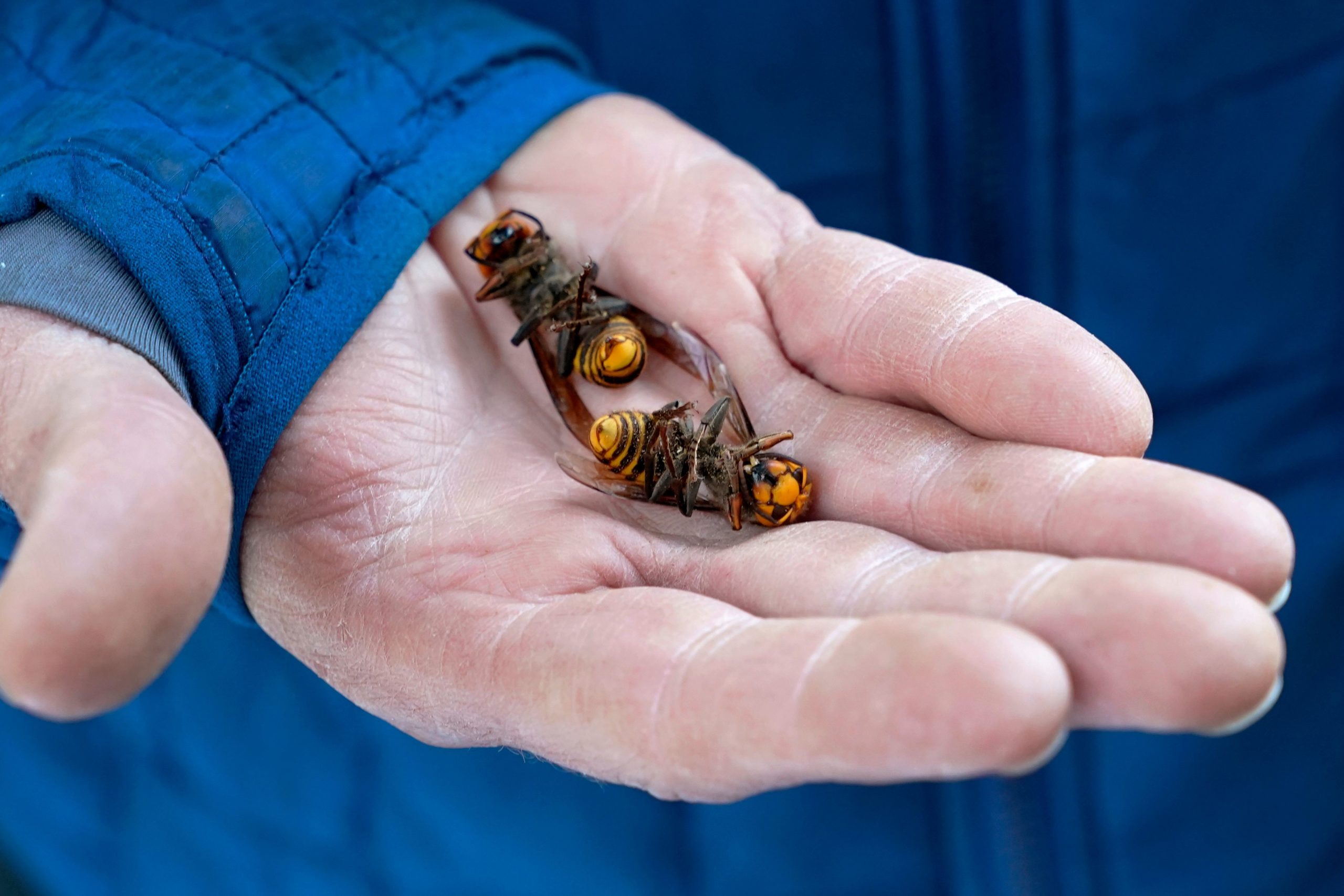Chris Looney, an entomologist at the Washington State Department of Agriculture, proposed a name change for the Asian giant hornet, also known as the “murder hornet,” to avoid anti-Asian sentiment.
In his proposal, Looney explained why the name is “problematic.”
According to Looney, the first reason is that the COVID-19 pandemic and “geopolitical tensions have contributed to a rise in hate crimes and other odious behavior directed at people of Asian descent in countries across the globe.”
The proposal continues, “Although the descriptor ‘Asian’ in this context is not at all pejorative, and is geographically accurate, its association with a large insect that inspires fear and is under eradication may bolster anti-Asian sentiment among some people.”
He added:
“Indeed, in my personal experience I have heard statements like ‘another damn thing from China’ multiple times (irrespective of the fact that the hornets detected in North America likely originated in Japan or Korea). Even if people do not explicitly ascribe negative feelings towards the insect, or their neighbors and colleagues of Asian descent, the prominence of the descriptor “Asian” in the common name will, for some people, implicitly take precedence over other, more important, biological characteristics. It is at best a neutral and uninformative adjective, potentially a distraction from more salient characters of the organism, and at worst a racist trope. A geographically broad detection and eradication program is likely to be more effective if focus stays on biological characteristics of the species of concern, and not its geographic origin. Finally, insisting on incorporating ‘Asian’ into the common name risks alienating some community members and deterring participation in an otherwise vibrant community science program.”
The second reason is that “‘Asian’ does not communicate anything unique or helpful about the insect’s biology, appearance, or behavior.”
Looney explained this “is in contrast to common names such as ‘spotted lanternfly’, a lanternfly with a plethora of spots, or ‘spongy moth’, which has spongy-textured egg masses.”
He later argued by removing “Asian” but keeping “giant,” “The entomological community can start to move away from the confusing and potentially harmful current de-facto common name, while retaining a bridge to the information already produced under that name.”
The proposal stated after some discussion, the committee decided on the name northern giant hornet.
“And thus that is the common name the committee has elected to move forward,” Looney wrote in the proposal.
@EntsocAmerica has selected "northern giant hornet" as the official common name in the United States for Vespa mandarinia – previously known as Asian giant hornet or "murder hornet." https://t.co/EqnndZzVC5
— Washington State Department of Agriculture (@WSDAgov) July 25, 2022
According to the Washington State Department of Agriculture’s (WSDA) website, the organization is “following ESA’s recommendation and will begin referring to V. mandarinia as ‘northern giant hornet’ and will also update its website and printed materials to reflect the newly established ESA common name in the coming weeks.”
The U.S. Department of Agriculture’s website says, to date, the hornets have not been identified outside of Washington State.
They are also “actively subject to quarantine measures by USDA’s Animal Plant Health Inspection Service (APHIS) and Washington Department of Agriculture,” as the website explains.

























 Continue with Google
Continue with Google